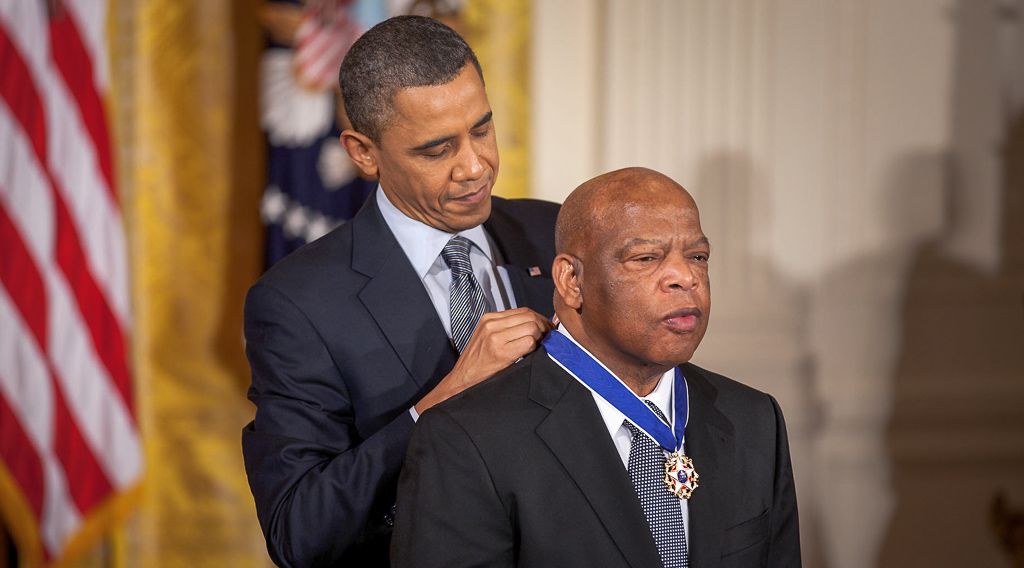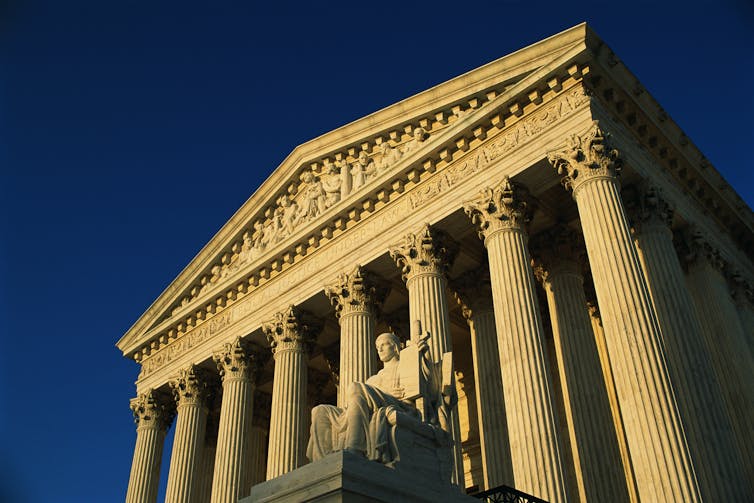The Canadian Press
Thursday, November 4, 2021

Canada has joined the United States, United Kingdom and 21 other countries in a historic deal to stop new direct public finance for coal, oil and gas development by the end of 2022 and shift investment to renewable energy.
“It's a big deal,” said federal Natural Resources Minister Jonathan Wilkinson from Glasgow, Scotland, the site of a United Nations-sponsored meeting on climate change.
“It's a signal that many countries in this world are making this commitment not to use public resources to finance further exploration and development for fossil fuels.”
“It shows that Canada recognizes the harmful social and economic impacts of fossil fuels and the urgent need to end global production and use,” said Alan Andrews of Ecojustice, an environmental law firm.
But industry groups responded warily.
“We believe responsible energy producers such as Canada should be playing a larger role in meeting global energy demand,” said Jay Averill of the Canadian Association of Petroleum Producers.
Few details were immediately available about the deal. It commits signatories to stop using loans, loan guarantees, grants, share purchases and insurance coverage from any government or government agency to finance new international fossil fuel developments.
Oil Change International, a group that monitors fossil fuel financing, says an average of about $78 billion a year flows to such projects. It estimates Thursday's deal could affect about $22 billion of that.
But in Canada, the issue is complicated by the fact that Export Development Canada, through which most of that financing flows, is involved with both international and domestic deals.
Wilkinson said the new agreement will affect about $1 billion in financing from the agency, roughly what was committed to such projects last year. That money could now be used for renewable energy projects.
“It certainly opens up that potential,” Wilkinson said. “(Export Development Canada's) mandate, increasingly, is very much focused on a net-zero portfolio.”
The deal also allows governments to keep funding projects in which carbon emissions are “abated,” or that are consistent with reduction targets. Canada is still free to finance developments such as carbon capture, Wilkinson said.
“This does not affect financing to support clean technology investments that are about reducing emissions.”
The government still has to figure out how the deal will specifically apply in Canada, said Wilkinson. There are also clauses that allow fossil finance “in limited circumstances” - details that need to be worked out.
“They drafted it in fairly general terms with a number of provisions that do require further detail,” he said. “We are going to define exactly what Canada means by that.”
Bronwen Tucker of Oil Change International said that could be a loophole.
“There's a way to do it in good faith and a way to do it in bad faith.”
Everything depends on how fossil fuel investment is defined, said Tucker.
“I do have some concerns there.”
She said Canada has for years been one of the world's top public financiers of fossil fuels, averaging about $13.6 billion a year.
Wilkinson acknowledged the deal doesn't include China, Japan or Korea - the world's other top fossil fuel funders. He said he hopes those countries will eventually sign on just as they recently signed on to deals to stop financing international coal development.
“We're going to work to expand the coalition and work to put pressure on all actors, including China, to ensure that it moves in this direction as well.”
In Alberta, provincial Energy Minister Sonya Savage said the deals the Liberal government is agreeing to in Glasgow make Canada an “outlier” in a world that's ramping up fossil fuel production, not shutting it down.
“It sends the wrong message to investors,” she said, dismissing COP26 as a “photo op.”
The COP26 deal adds to previous government commitments.
During the recent election campaign, the Liberals said they would eliminate fossil fuel subsidies by 2023. Export Development Canada has said by 2023, it will reduce support to the six most carbon-intensive sectors by 40 per cent below 2018 levels and set “sustainable finance targets” by July 2022.
This report by The Canadian Press was first published Nov. 4, 2021.









